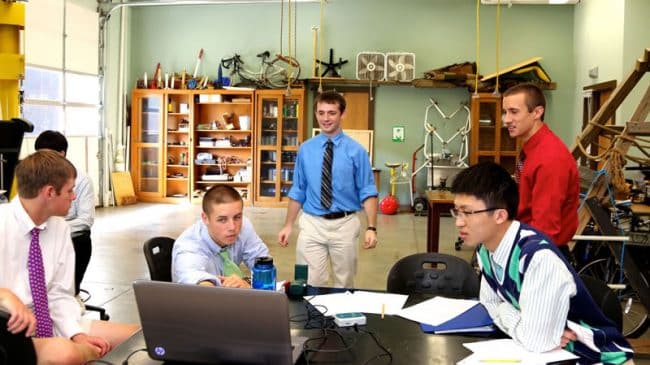Should parents stop being ‘obsessed’ with seeking better educational options for their kids? As parents across the country were finding out which secondary schools their children could attend, University of Sussex lecturer James Williams claimed in The Argus that, “Our obsession with league tables and parental choice should stop,” and “if all schools were good” parents wouldn’t need these choices.
Try applying this simplistic paternalism to any other decision. If all neighborhoods were “good,” why should we choose where to live? If all cars were “good,” why should we choose the make, model or color? If all universities were good, why should Williams get to choose where he attended or lectures?
Some, like Williams, see parental choice and concerned parents as recalcitrant “cogs” fouling up an education “machine” they have designed. The truth is the other way around. Parents, desperately moving postal codes in search of better schools for their kids, aren’t the problem, the broken system they’re stuck in is.
Some claim parents who want school choice are cynical, seeking homogeneity and “social stability” more than quality. Empirics tell a different story. Evidence from the UK and internationally shows that when school choices aren’t limited by where families live, residential segregation actually decreases. And analyses of the TIMSS and PISA assessments show that higher enrollment in publicly-funded private schools makes a student’s family background matter less in their achievement on these tests. In other words, school choice helps break down traditional barriers to educational success and brings people together voluntarily through the common goal of providing a great education to kids.
Test scores aren’t the only reason parents deserve a choice in their children’s futures. Williams claims that families overemphasize rankings when choosing schools, disregarding the intangible community “ethos” of each institution. But there are plenty of different reasons parents may want to switch schools that have nothing to do with testing. A child with a passion for science or the arts might benefit from a school with a more specialized curriculum. Maybe a child is being bullied, or learns better in an environment where they can get up and move around more often. When parental choice is widely available, schools don’t have to be one-size-fits-all.
Letting parents vote with their feet by choosing schools is the best way to spur improvement. Williams claims parents should be the “agents of change” holding their schools to account, but that doesn’t acknowledge economic reality. If we don’t like the way a local chippy prepares its food, we don’t ask them to change their battering technique, we go somewhere else. Across almost any industry, choice and competition tends to produce better products. Without market signals, schools don’t treat students and teachers as their primary customers. Educational choice is a powerful mechanism that rewards quality practices and weeds out bad schools.
Williams has egalitarian aims, but good intentions aren’t enough when the stakes are our children’s futures. The status quo is inherently a two-tiered system where those wealthy enough can move to postal codes with the best schools or pay for private schools, while everyone else is stuck in a game where the neighborhood you live in determines the quality of education you get. Parents deserve the freedom to seek out and find the best education options for their kids.
Tyler Koteskey is an education policy analyst at the Reason Foundation.
